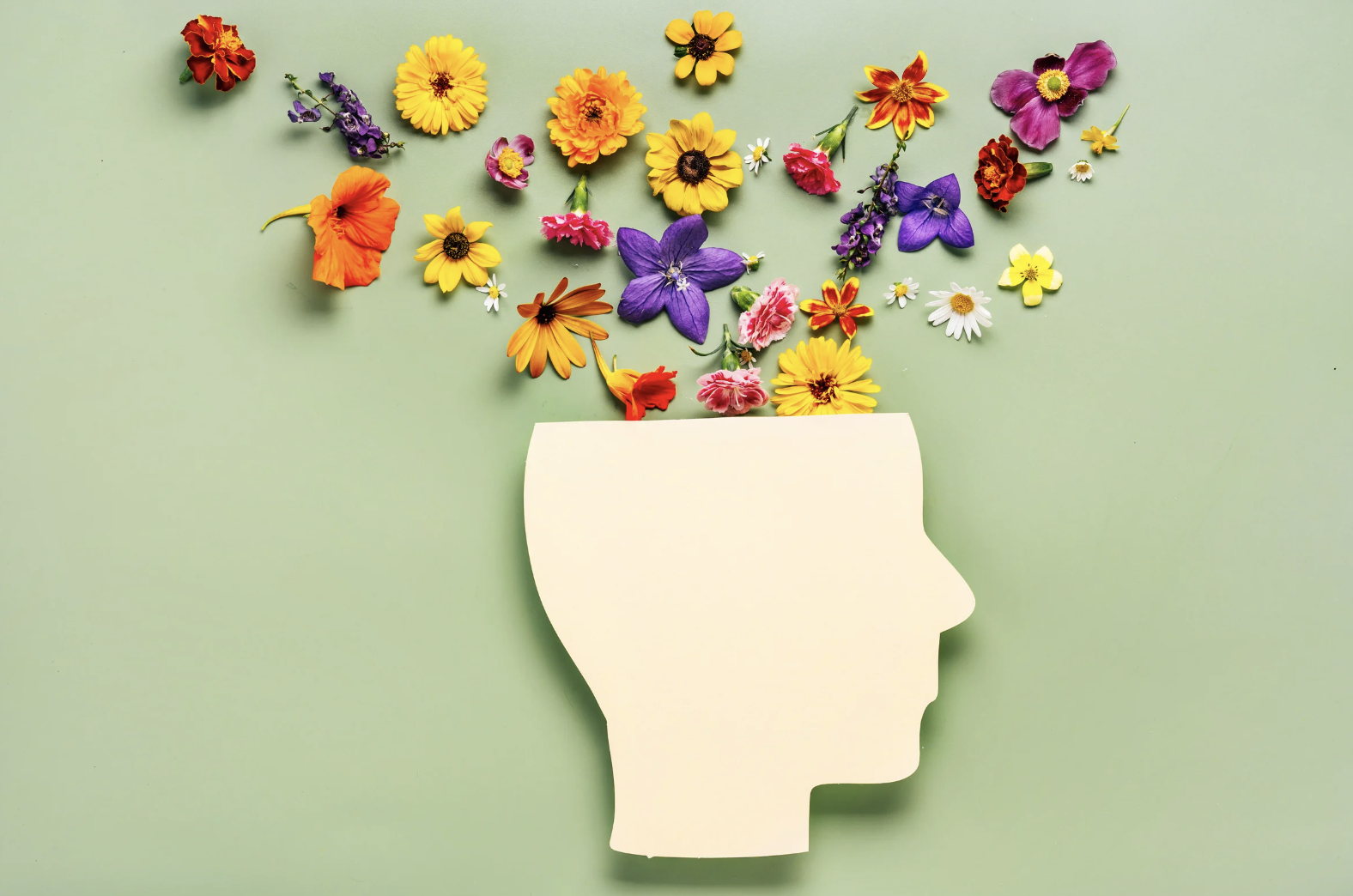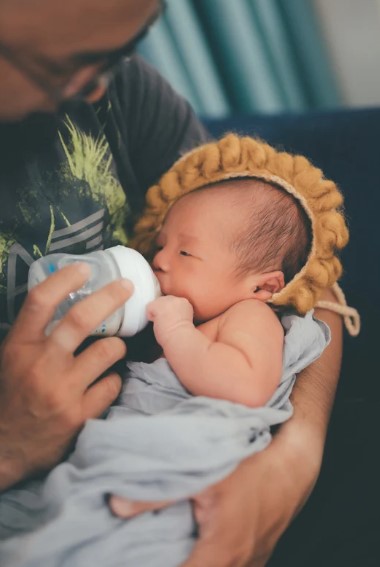Parenting is a transformative experience with immense joy and significant mental and emotional challenges. While all parents face stressors related to raising children, the specific mental health challenges they encounter can vary depending on their age. Younger parents (typically those in their teens or early 20s) and older parents (those in their late 30s or beyond) navigate parenthood from different life stages, each with unique pressures.

Younger parents often enter parenthood while developing their sense of self, building financial stability, and establishing their careers or education. As a result, they may face:
Younger Parents: The Challenges of Early Parenthood
1. Financial and Career Stress
Many young parents are still in school or early in their careers, meaning they may not yet have stable incomes or career paths. The financial burden of childcare, housing, and daily expenses can lead to high levels of stress and anxiety.
2. Social Isolation and Stigma
Younger parents, particularly teen parents, may feel isolated from their peers, often at very different life stages. They may also experience judgment from family, friends, or society, leading to feelings of shame, loneliness, or low self-esteem.
3. Relationship Struggles
If a younger parent is in a romantic relationship, they may struggle with maintaining a partnership while navigating the demands of parenting. If they are single, they may experience additional stress in balancing responsibilities without a co-parent’s support.
4. Identity Crisis and Loss of Independence
Many younger parents struggle with transitioning from adolescence or early adulthood to parenthood. They may feel like they are missing out on experiences their peers are having, leading to frustration, resentment, or depression.
5. Higher Risk of Postpartum Depression and Anxiety
Studies suggest that younger mothers may have a higher risk of postpartum depression due to a lack of emotional and financial support, increased stress, and hormonal fluctuations. Young fathers, too, can experience anxiety and depression as they adjust to the pressures of providing for their families.

Older parents, while often more financially secure and established in their careers, face their unique mental health challenges. These include:
Older Parents: The Challenges of Late Parenthood
1. Fertility, Stress, and Pregnancy Complications
Many older parents have experienced fertility challenges, which can take a toll on their mental health. The stress of assisted reproductive treatments, pregnancy complications, or high-risk pregnancies can lead to anxiety and emotional exhaustion.
2. Increased Pressure to “Get It Right”
Older parents may feel more societal or personal pressure to be “perfect” parents, especially if they have waited years to have children. This can lead to self-imposed stress, anxiety, and feelings of inadequacy.
3. Work-Life Balance Struggles
When they have children, many older parents are well-established in their careers. However, this can create difficulties balancing demanding jobs with the time and energy needed for parenting. Some may experience guilt or burnout from trying to excel in both roles.
4. Physical and Emotional Exhaustion
Parenting at any age is physically demanding, but older parents may feel more fatigued due to the natural aging process. Sleep deprivation, chasing toddlers, or handling the energy of young children can be more challenging in their late 30s, 40s, or beyond.
5. Anxiety About the Future
Older parents may be concerned about being around for their children’s major life milestones, such as graduations, weddings, or even their own health later. This can create anxiety, particularly around aging and long-term financial planning.
Overlapping Mental Health Challenges
While the struggles of younger and older parents can differ, there are some universal mental health challenges that parents of all ages face, such as:
- Parental Guilt: Both younger and older parents may worry about whether they are doing enough for their children.
- Lack of Sleep: Sleep deprivation is a significant stressor for parents, regardless of age.
- Relationship Struggles: Parenthood can strain romantic relationships, increasing stress and emotional challenges.
- Postpartum Mental Health Issues: Parents of all ages can experience postpartum depression and anxiety, requiring professional support.
Finding Support
Regardless of age, seeking mental health support is essential for parents. Some helpful resources include:
- Therapy or Counseling: Speaking with a mental health professional can help parents manage stress, anxiety, and depression.
- Support Groups: Connecting with other parents can reduce feelings of isolation and provide valuable guidance.
- Self-Care and Boundaries: Prioritizing rest, hobbies, and personal time can help parents maintain their well-being.
- Partner and Family Support: Leaning on a co-parent, friends, or family members can make parenting challenges more manageable.
Parenting is never easy, regardless of when you start. Younger parents may struggle with financial and identity challenges, while older parents may face career and health-related anxieties. Understanding these differences can help parents find support and remind them they are not alone.
If you’re a parent—at any age—remember that taking care of your mental health is just as important as taking care of your child. Seeking help, leaning on your community, and giving yourself grace can make all the difference in your parenting experience.



